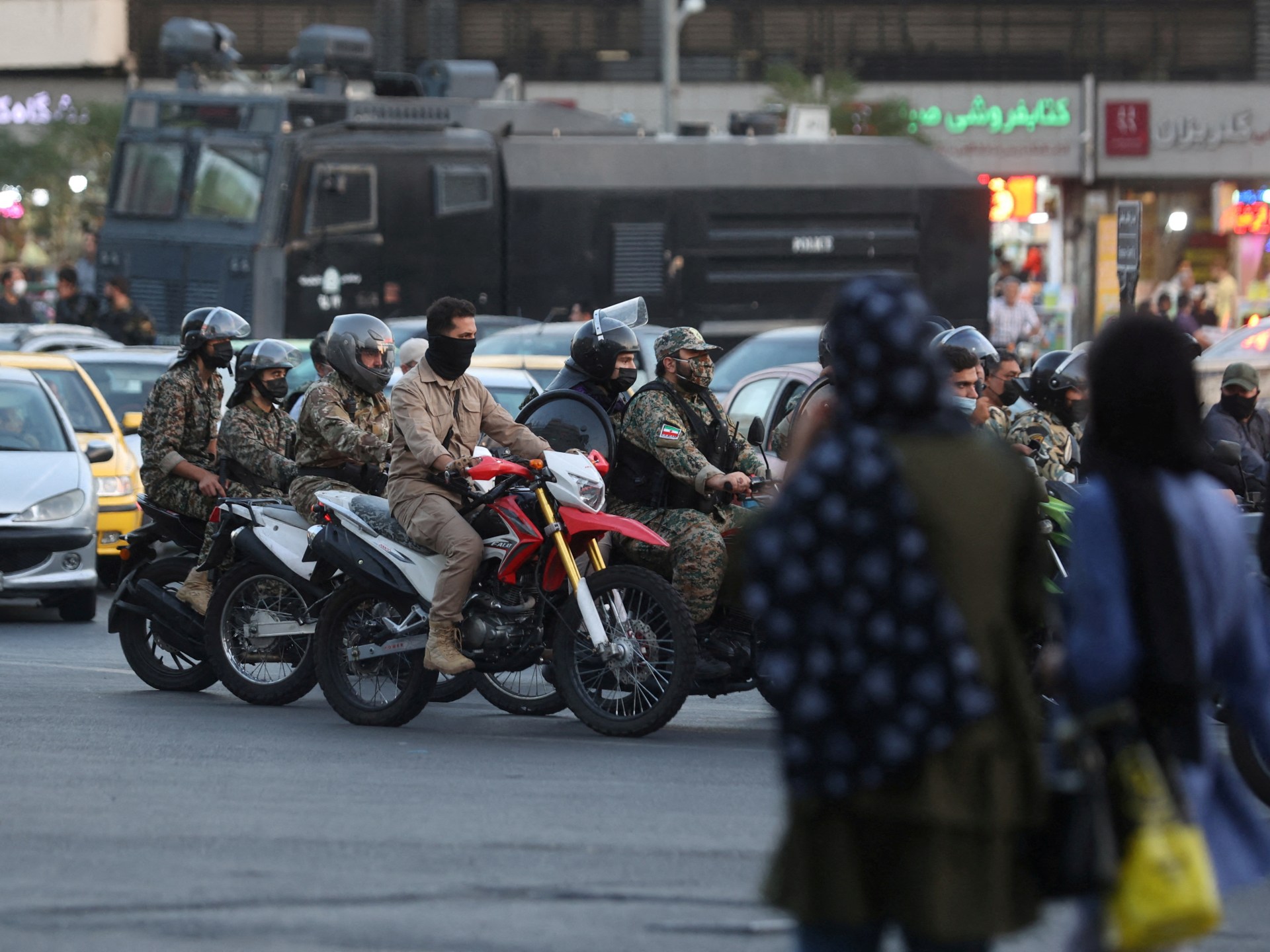Secularism No Problem To Europe’s Muslims
He contended that Muslims do not confuse religious issues with secular ones, adding that Islam recognizes both rituals and transactions.
The scholar added that transactions in Islam are "based on openness".
"The Freedom secularism calls for is an already established principle of Islam; so we have no problems in this regard," he asserted.
As for freedom of transactions, the Muslim thinker stressed it remains open to varied ideas and differences unless there is a clear "Divine text" from the Qur’an setting definitive rules for certain transactions. In such cases, jurisprudence is not needed.
These things, he said, are essential points in Islam provided that we should not see secularism as non-religion.
"Religion plays a key role in societies as I have gleaned in my discussions with Protestants, Catholics and Jews," Ramadan said.
Revolution Of ‘Principles’
Calling on Muslims to stop using the "victim rhetoric", the Swiss scholar urged a "real revolution in understanding Islamic principles" and actions to realize the universality of Islam.
"This requires a better understanding of Islamic terms in order not to slide down into the abyss of close-minded conceptions," he said, adding that many Muslims in the West began to grasp such a new perception.
"We should understand the real nature of some Islamic conceptions such as Sharia (Islamic Law)," Ramadan said.
He added that by testifying there is no God but Allah and that Muhammad is his messenger, performing prayers and abiding by laws which do not run counter to Islam, Muslims in the west can be seen as applying Sharia.
In his book "Muslims In the West and Islam’s Future", Ramadan stressed that Sharia is not limited only to jurisprudence.
"I wrote in the book when I make the testification of faith and begin prayers, I practices Sharia in my heart, in my home, and in my society," said Ramadan.
‘We Are Majority’
Ramadan said Muslims are not a minority in the West, and that they are playing a symbolic majority role given the values they are carrying.
“I set it plain; Muslims in the West should understand if they are a minority as to their number, they represent the majority as to the values they have and which are universal, comprehensive and not standing against those adopted by others,” he said.
Ramadan denied any clash between his own thoughts and those of his grandfather, who was assassinated in Cairo in 1949 and known for his call to “take from the West whatever agrees with Islamic values”.
“He was a reformist in 1940s, but we are now living in another time and in a different reality,” said Ramadan.
There is no doubt that the march for reform could be traced back to Al-Shatby, Abu Hamed Al-Ghazali and Al-Banna, he concluded.
In his book L’Islam en Questions, first published in 2001, Ramadan said Al-Banna, who founded the association of the Muslim Brotherhood in 1928, gave him "a faith and a spiritual steadfastness… that does not contradict political participation."


